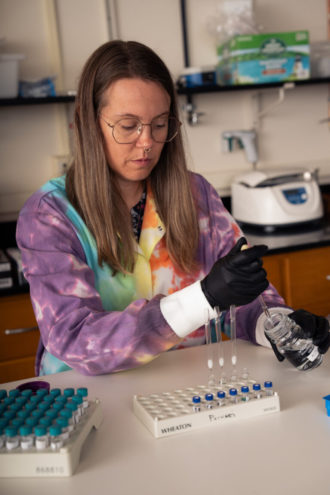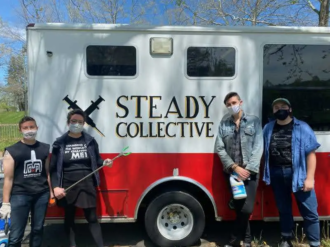Drug checking is “a harm reduction practice in which people check to see if drugs contain certain substances,” according to the National Institutes of Health’s National Institute on Drug Abuse. The goal is to give people who use drugs more information about what they’re putting in their bodies, reduce risks and potentially save lives.











